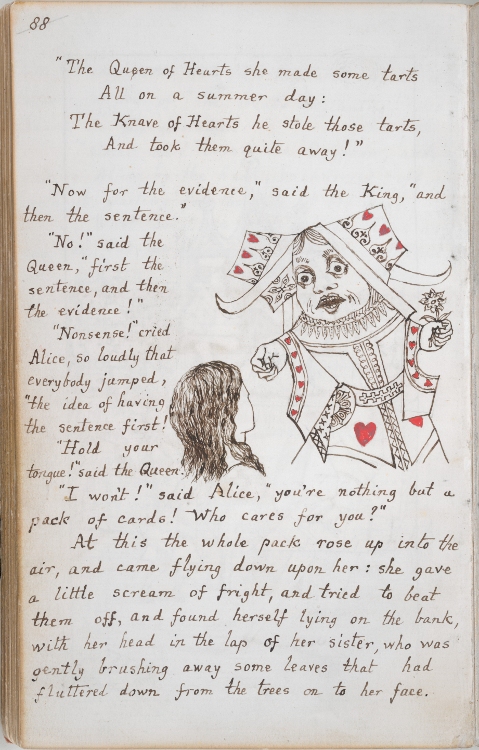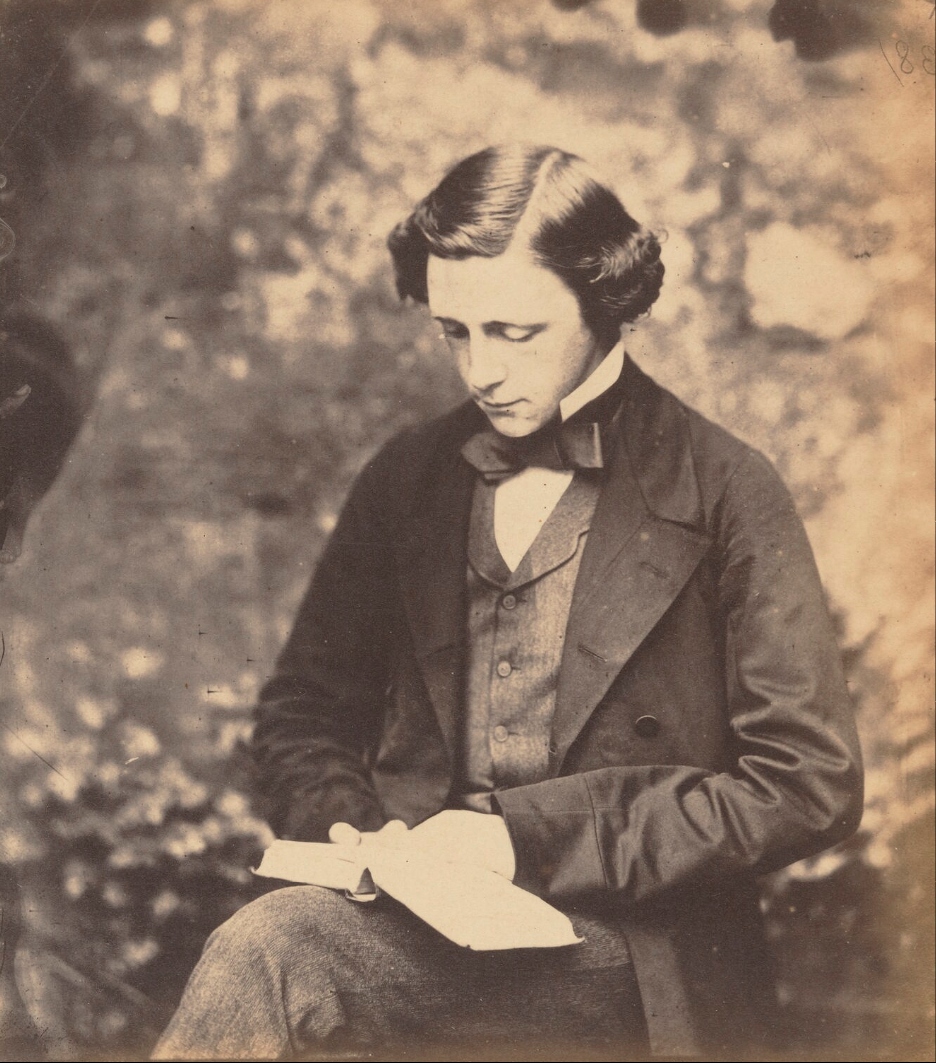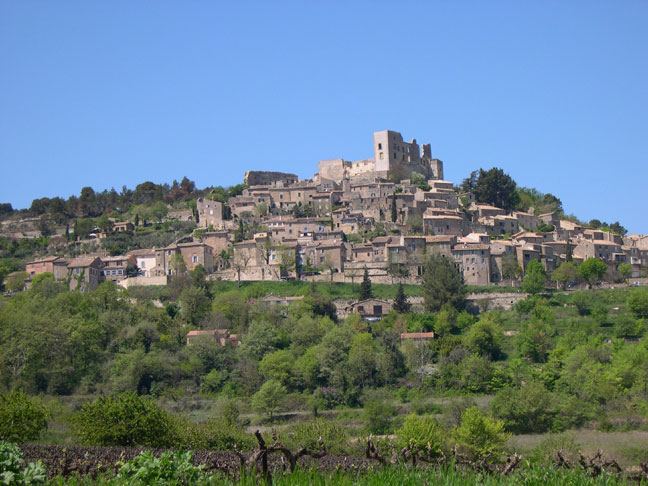|
Eden And After
''Eden and After'' (french: L'Eden et après, sk, Eden a potom...) is a 1970 French-Czechoslovak drama art film directed by French novelist and filmmaker Alain Robbe-Grillet. It was entered into the 20th Berlin International Film Festival. Plot The film opens with words such as "object", "game", "blood" and "rape" shown intercut with the credits. A group of university students meet after class at a bar called Eden, where, amidst reproductions of Piet Mondrian's abstract paintings, they play various games—a simulated Russian roulette or pretending that one of them is poisoned, for example. Among these young people is Violette, who is the film's protagonist. One evening a stranger named Duchemin enters the bar and engages the students in games of magic tricks: he asks one of them to pick up broken glass pieces, then "heals" their bloody cut wounds—a trick he learned in Africa, he says. Violette takes a drug called "fear powder" offered by him and hallucinates, frightene ... [...More Info...] [...Related Items...] OR: [Wikipedia] [Google] [Baidu] |
Alain Robbe-Grillet
Alain Robbe-Grillet (; 18 August 1922 – 18 February 2008) was a French writer and filmmaker. He was one of the figures most associated with the '' Nouveau Roman'' (new novel) trend of the 1960s, along with Nathalie Sarraute, Michel Butor and Claude Simon. Alain Robbe-Grillet was elected a member of the Académie française on 25 March 2004, succeeding Maurice Rheims at seat No. 32. He was married to Catherine Robbe-Grillet (née Rstakian). Biography Alain Robbe-Grillet was born in Brest (Finistère, France) to a family of engineers and scientists. He was trained as an agricultural engineer. During the years 1943 and 1944, he participated in compulsory labor in Nuremberg, where he worked as a machinist. The initial few months were seen by Robbe-Grillet as something of a holiday, since, in between the very rudimentary training he was given to operate the machinery, he had free time to go to the theatre and the opera. In 1945, he completed his diploma at the National Institute ... [...More Info...] [...Related Items...] OR: [Wikipedia] [Google] [Baidu] |
Ida Rapaičová
Ida Rapaičová (born 22 August 1943 in Bratislava) is a Slovak actress and former politician. She graduated in acting from the Academy of Performing Arts in Bratislava in 1967. Since graduation, she has been an actress of the New Scene theatre. In addition to theatre acting, she starred in many popular Slovak movies and hosted a variety of radio shows. In 1994-1998 she served as a member of the National Council, representing the Movement for a Democratic Slovakia. Following the end of her mandate, she quit politics and returned full-time to acting. In 2013, she received Pribina Cross 2nd class from the President of Slovakia Ivan Gašparovič Ivan Gašparovič (; born 27 March 1941) is a Slovak politician and lawyer who was third president of Slovakia from 2004 to 2014. He was also the first and currently the only Slovak president to be re-elected. Biography Ivan Gašparovič was ... for her contributions to the development of Slovak culture. Rapaičová has a son and ... [...More Info...] [...Related Items...] OR: [Wikipedia] [Google] [Baidu] |
1970s French-language Films
Year 197 ( CXCVII) was a common year starting on Saturday (link will display the full calendar) of the Julian calendar. At the time, it was known as the Year of the Consulship of Magius and Rufinus (or, less frequently, year 950 ''Ab urbe condita''). The denomination 197 for this year has been used since the early medieval period, when the Anno Domini calendar era became the prevalent method in Europe for naming years. Events By place Roman Empire * February 19 – Battle of Lugdunum: Emperor Septimius Severus defeats the self-proclaimed emperor Clodius Albinus at Lugdunum (modern Lyon). Albinus commits suicide; legionaries sack the town. * Septimius Severus returns to Rome and has about 30 of Albinus's supporters in the Senate executed. After his victory he declares himself the adopted son of the late Marcus Aurelius. * Septimius Severus forms new naval units, manning all the triremes in Italy with heavily armed troops for war in the East. His soldiers embark on an ... [...More Info...] [...Related Items...] OR: [Wikipedia] [Google] [Baidu] |
1970 Multilingual Films
Year 197 ( CXCVII) was a common year starting on Saturday (link will display the full calendar) of the Julian calendar. At the time, it was known as the Year of the Consulship of Magius and Rufinus (or, less frequently, year 950 '' Ab urbe condita''). The denomination 197 for this year has been used since the early medieval period, when the Anno Domini calendar era became the prevalent method in Europe for naming years. Events By place Roman Empire * February 19 – Battle of Lugdunum: Emperor Septimius Severus defeats the self-proclaimed emperor Clodius Albinus at Lugdunum (modern Lyon). Albinus commits suicide; legionaries sack the town. * Septimius Severus returns to Rome and has about 30 of Albinus's supporters in the Senate executed. After his victory he declares himself the adopted son of the late Marcus Aurelius. * Septimius Severus forms new naval units, manning all the triremes in Italy with heavily armed troops for war in the East. His soldiers embark ... [...More Info...] [...Related Items...] OR: [Wikipedia] [Google] [Baidu] |
1970 Drama Films
Year 197 ( CXCVII) was a common year starting on Saturday (link will display the full calendar) of the Julian calendar. At the time, it was known as the Year of the Consulship of Magius and Rufinus (or, less frequently, year 950 ''Ab urbe condita''). The denomination 197 for this year has been used since the early medieval period, when the Anno Domini calendar era became the prevalent method in Europe for naming years. Events By place Roman Empire * February 19 – Battle of Lugdunum: Emperor Septimius Severus defeats the self-proclaimed emperor Clodius Albinus at Lugdunum (modern Lyon). Albinus commits suicide; legionaries sack the town. * Septimius Severus returns to Rome and has about 30 of Albinus's supporters in the Senate executed. After his victory he declares himself the adopted son of the late Marcus Aurelius. * Septimius Severus forms new naval units, manning all the triremes in Italy with heavily armed troops for war in the East. His soldiers embark on ... [...More Info...] [...Related Items...] OR: [Wikipedia] [Google] [Baidu] |
1970 Films
The year 1970 in film involved some significant events. __TOC__ Highest-grossing films (U.S.) The top ten 1970 released films by box office gross in North America are as follows: Events * January 9 - Larry Fine, the second member of The Three Stooges, suffers a massive stroke, effectively ending his career. * February 11 - '' The Magic Christian'', starring Peter Sellers and Ringo Starr, premieres in New York City. The film's soundtrack album, including Badfinger's "Come and Get It" (written and produced by Paul McCartney), is released on Apple Records. * March 12 - Film debut of Ornella Muti in ''La moglie più bella'' (The Most Beautiful Wife) 3 days after her 15th birthday.IMDB * March 17 - The controversial film '' The Boys in the Band'', directed by William Friedkin and based on Mart Crowley's hit off-Broadway play, opens in theaters. * October 24 - Joan Crawford's final film, the low-budget horror picture ''Trog'', opens in theaters. * December 1 - ''Yousuf Khan Sher Ba ... [...More Info...] [...Related Items...] OR: [Wikipedia] [Google] [Baidu] |
Djerba
Djerba (; ar, جربة, Jirba, ; it, Meninge, Girba), also transliterated as Jerba or Jarbah, is a Tunisian island and the largest island of North Africa at , in the Gulf of Gabès, off the coast of Tunisia. It had a population of 139,544 at the 2004 census, which rose to 163,726 at the 2014 census. Citing the long and unique history of its Jewish minority in Djerba, Tunisia has sought UNESCO World Heritage status protections for the island. History Legend has it that Djerba was the island of the lotus-eaters where Odysseus was stranded on his voyage through the Mediterranean Sea. The island was called ''Meninx'' ( grc, Μῆνιγξ) until the third century AD. Strabo writes that there was an altar of Odysseus. The island was controlled twice by the Norman Kingdom of Sicily: in 1135–1158 and in 1284–1333. During the second of these periods it was organised as a feudal lordship, with the following Lords of Jerba: * 1284–1305: Roger I * 1305–1307, and 1307–1 ... [...More Info...] [...Related Items...] OR: [Wikipedia] [Google] [Baidu] |
Chivalric Romance
As a literary genre, the chivalric romance is a type of prose and verse narrative that was popular in the noble courts of High Medieval and Early Modern Europe. They were fantastic stories about marvel-filled adventures, often of a chivalric knight-errant portrayed as having heroic qualities, who goes on a quest. It developed further from the epics as time went on; in particular, "the emphasis on love and courtly manners distinguishes it from the ''chanson de geste'' and other kinds of epic, in which masculine military heroism predominates." Popular literature also drew on themes of romance, but with ironic, satiric, or burlesque intent. Romances reworked legends, fairy tales, and history to suit the readers' and hearers' tastes, but by c. 1600 they were out of fashion, and Miguel de Cervantes famously burlesqued them in his novel ''Don Quixote''. Still, the modern image of "medieval" is more influenced by the romance than by any other medieval genre, and the word ''medieva ... [...More Info...] [...Related Items...] OR: [Wikipedia] [Google] [Baidu] |
Alice's Adventures In Wonderland
''Alice's Adventures in Wonderland'' (commonly ''Alice in Wonderland'') is an 1865 English novel by Lewis Carroll. It details the story of a young girl named Alice (Alice's Adventures in Wonderland), Alice who falls through a rabbit hole into a fantasy world of anthropomorphism, anthropomorphic creatures. It is seen as an example of the literary nonsense genre. The artist John Tenniel provided 42 wood-engraved illustrations for the book. It received positive reviews upon release and is now one of the best-known works of Victorian literature; its narrative, structure, characters and imagery have had widespread influence on popular culture and literature, especially in the fantasy genre. It is credited as helping end an era of didacticism in children's literature, inaugurating a new era in which writing for children aimed to "delight or entertain". The tale plays with logic, giving the story lasting popularity with adults as well as with children. The titular character Alice shar ... [...More Info...] [...Related Items...] OR: [Wikipedia] [Google] [Baidu] |
Lewis Carroll
Charles Lutwidge Dodgson (; 27 January 1832 – 14 January 1898), better known by his pen name Lewis Carroll, was an English author, poet and mathematician. His most notable works are ''Alice's Adventures in Wonderland'' (1865) and its sequel ''Through the Looking-Glass'' (1871). He was noted for his facility with word play, logic, and fantasy. His poems ''Jabberwocky'' (1871) and ''The Hunting of the Snark'' (1876) are classified in the genre of literary nonsense. Carroll came from a family of high-church Anglicanism, Anglicans, and developed a long relationship with Christ Church, Oxford, where he lived for most of his life as a scholar and teacher. Alice Liddell, the daughter of Christ Church's dean Henry Liddell, is widely identified as the original inspiration for ''Alice in Wonderland'', though Carroll always denied this. An avid puzzler, Carroll created the word ladder puzzle (which he then called "Doublets"), which he published in his weekly column for ''Vanity Fair ( ... [...More Info...] [...Related Items...] OR: [Wikipedia] [Google] [Baidu] |
Justine (de Sade Novel)
''Justine, or The Misfortunes of Virtue'' (French: ''Justine, ou Les Malheurs de la Vertu'') is a 1791 novel by Donatien Alphonse François de Sade, better known as the Marquis de Sade. ''Justine'' is set just before the French Revolution in France and tells the story of a young girl who goes under the name of Thérèse. Her story is recounted to Madame de Lorsagne while defending herself for her crimes, en route to punishment and death. She explains the series of misfortunes that led to her present situation. History of the work ''Justine'' (original French title: ''Les infortunes de la vertu'') was an early work by the Marquis de Sade, written in two weeks in 1787 while imprisoned in the Bastille. It is a novella (187 pages) with relatively little of the obscenity that characterized his later writing, as it was written in the classical style (which was fashionable at the time), with much verbose and metaphorical description. A much extended and more graphic version, entitled ' ... [...More Info...] [...Related Items...] OR: [Wikipedia] [Google] [Baidu] |
Marquis De Sade
Donatien Alphonse François, Marquis de Sade (; 2 June 1740 – 2 December 1814), was a French nobleman, revolutionary politician, philosopher and writer famous for his literary depictions of a libertine sexuality as well as numerous accusations of sex crimes. His works include novels, short stories, plays, dialogues, and political tracts. In his lifetime some of these were published under his own name while others, which Sade denied having written, appeared anonymously. Sade is best known for his erotic works, which combined philosophical discourse with pornography, depicting sexual fantasies with an emphasis on violence, suffering, anal sex (which he calls sodomy), child rape, crime, and blasphemy against Christianity. Many of the characters in his works are teenagers or adolescents. His work is a depiction of extreme absolute freedom, unrestrained by morality, religion, or law. The words ''sadism'' and '' sadist'' are derived from his name in reference to the works of f ... [...More Info...] [...Related Items...] OR: [Wikipedia] [Google] [Baidu] |



